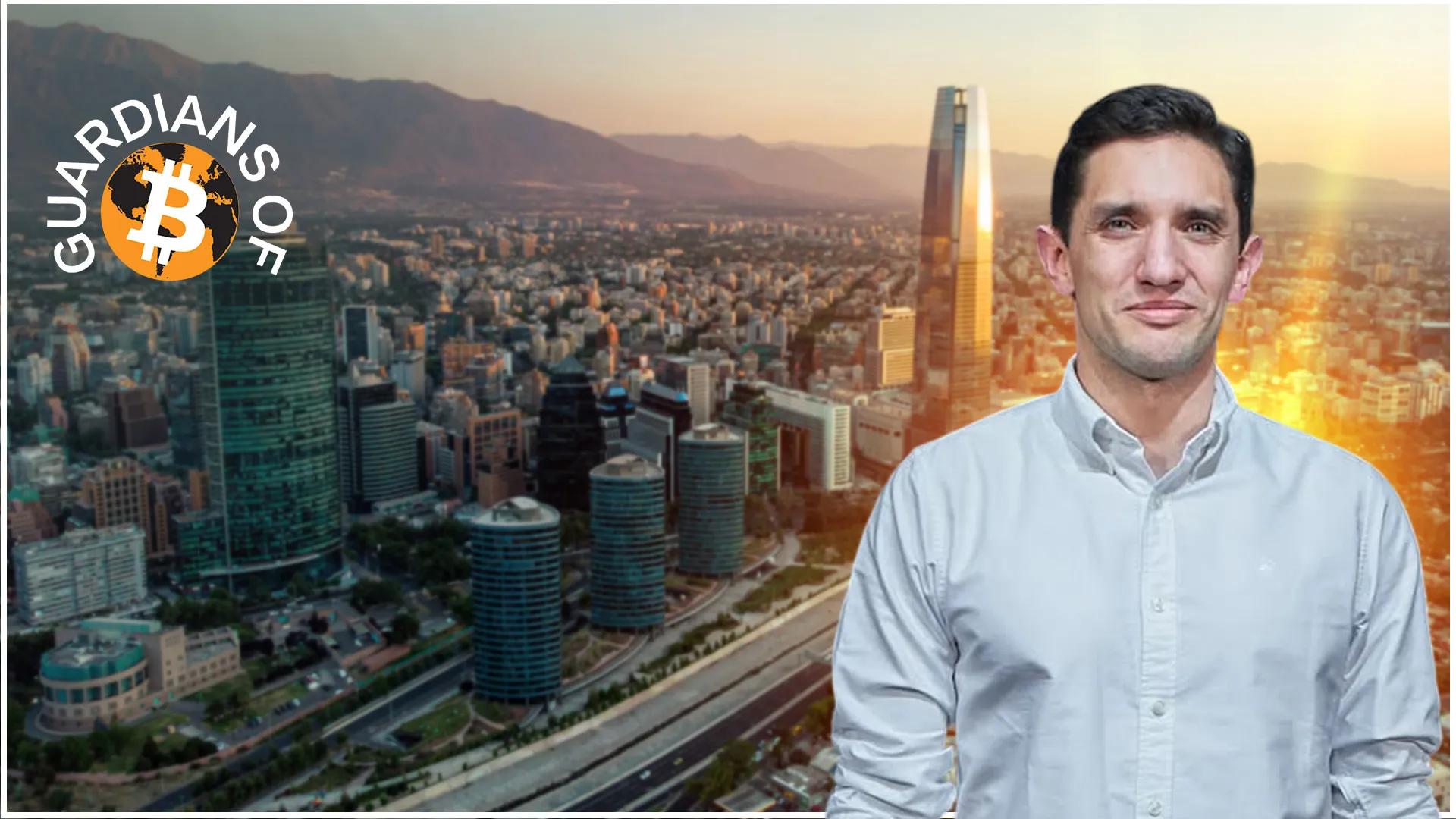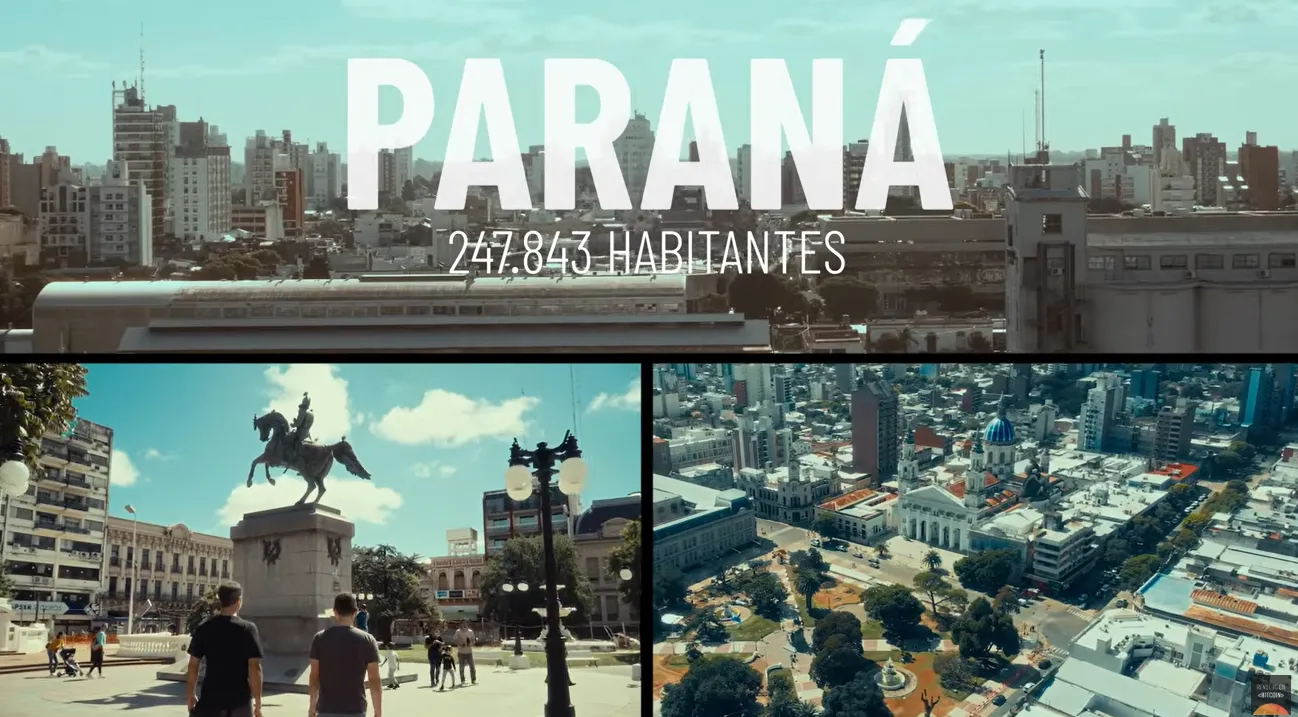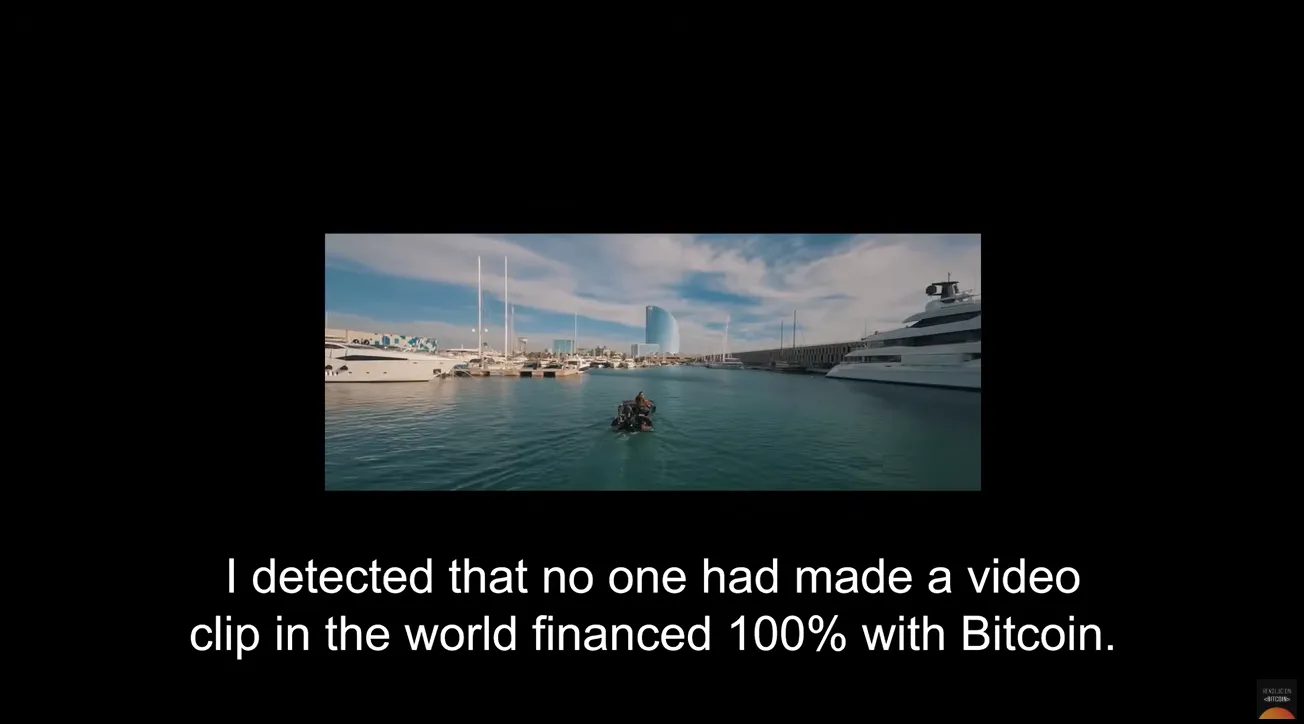The Spanish-speaking revolution of Bitcoin
Through Revolución Bitcoin, Juan Pablo Mejía captures how one language – and one idea of freedom – is reshaping lives from Madrid to Medellín

When Juan Pablo Mejía first heard about Bitcoin, he thought it was a scam. Seven years later, he’s traveled across Latin America with a camera, documenting how the same technology he once dismissed is helping people survive inflation, censorship, and broken banking systems.
“Bitcoin is almost everything in my life, besides my family,” Mejía said. “Bitcoin is hope, Bitcoin is freedom, Bitcoin is money.”
The Colombian filmmaker and former investment banker is the creator of Revolución Bitcoin – a documentary that explores how people across Latin America are using digital currency to reclaim financial control in countries where trust in government money has long disappeared.
From skepticism to conviction
Mejía first discovered Bitcoin in 2017, when a friend introduced him to the concept. What began as casual curiosity soon became a mission to understand – and later, to explain – a technology he realized could reshape people’s relationship with money.
He began creating YouTube videos in Spanish to reach those who, like him, might have dismissed it at first. “Normally, these new technologies and these new opportunities arrive very late in Latin America,” he said. “I wanted to help people understand it before it got there.”
As his interest deepened, Mejía left behind his career in finance to tell Bitcoin’s story through film – not with charts or jargon, but through the lives of ordinary people experiencing it firsthand.
The result was Revolución Bitcoin, a project that took four years to complete and led him across Colombia, Argentina, Mexico, El Salvador, and Spain.
Bitcoin across Latin America
Each country revealed a distinct reason for turning to Bitcoin. Among the Latin American diaspora, Mejía met several Venezuelans who had fled their country’s economic collapse but still used Bitcoin to send money home or protect their savings from hyperinflation.
“For them, it’s a savings vehicle,” Mejía said. “It’s the only way they can store value.”
In Argentina, where inflation is a constant fact of life, Mejía found a very different mindset toward money. As one guest told him, “Normally, what we do as Argentinians is we have pesos in one pocket and dollars in the other. You spend the bad money first. The bad money needs to go away as fast as possible.”
El Salvador offered another perspective. Before the country adopted Bitcoin as legal tender, Mejía visited a small community called Bitcoin Beach, where locals began paying children in Bitcoin for completing homework and small chores. “It was beautiful because it was grassroots,” he said. “More businesses started accepting it, creating a circular economy.”
The project, he emphasized, was driven by people, not politics. “Bitcoin is more accepted by the people than by the government,” he said of El Salvador. “It’s a tool for people, more than an investable asset for companies and governments.”

Paraná, Argentina – one of the cities where Revolución Bitcoin captures how economic uncertainty shapes the search for financial freedom. Photo: Revolución Bitcoin
Hope, but not perfection
Despite his optimism, Mejía didn’t make Revolución Bitcoin as a Bitcoin commercial. He made sure the film included skeptics and critics, presenting both sides of the story. “I strongly believe Bitcoin is not perfect,” he said. “It’s a tool, and no tool is perfect.”
One recurring theme in his work is misunderstanding. “There are many misconceptions, and in order to understand Bitcoin, you need to put in the work and the hours,” he said.
He addresses common myths, including the idea that Bitcoin’s energy use can be measured “per transaction,” which he called “completely ridiculous.” The metric, he explained, misunderstands how Bitcoin works – energy use isn’t tied to the number of payments but to the overall security of the network itself.
For Mejía, the deeper challenge lies in how people relate to money itself. “Bitcoin is an asset that can harm governments, especially those who are benefiting and profiting from money printing,” he said. That dynamic, he believes, explains why some Latin American governments resist it, even as citizens quietly embrace it.
Art, culture, and the human side of Bitcoin
While Revolución Bitcoin focuses on finance, Mejía also explores how Bitcoin has inspired art and culture. In the film, he collaborates with Spanish singer Huecco, who created a music video funded entirely with Bitcoin.
He also highlights Venezuelan artist Ruby Cobain, who transforms worthless bolívares into Bitcoin-themed artworks – turning symbols of economic collapse into pieces of hope.
“The friendship that Bitcoiners have is different,” Mejía said. “We are both trying to change the world to make it better for our kids.”
The film’s production itself was a test of conviction. The pandemic disrupted travel and financing, forcing Mejía to pause several times. “It was a tough journey,” he said. “Some people write books, some people plant trees. I did a documentary.”
Still, he describes it as one of the most rewarding experiences of his life – not because of the awards, but because of the people he met. “The generosity of the people, the willingness to help and contribute, was amazing,” he said. “Meeting them in their homes and workplaces – that was the best part for me.”
Beyond the screen
Revolución Bitcoin went on to win the Audience Choice Award at Bitcoin Film Fest – recognition that Mejía says still feels surreal. Yet, he remains focused on his next mission.
He now runs Alfa Bitcoin, a membership platform offering resources and analysis for Spanish-speaking Bitcoin investors. “We’re trying to make it easier, smoother, with experienced people explaining it without anything complicated,” he said.
As for his filmmaking future, Mejía hasn’t ruled it out. “If I do something else, it’s because I have the financing ready,” he said. “Right now, I’m focused on Alfa Bitcoin – but who knows? Probably still within the Bitcoin space.”
For Mejía, Bitcoin is not just a technology – it’s a movement born out of necessity and imagination. It represents both a reaction to broken systems and a belief in something better.
“Bitcoin means different things for different people,” he reflected. “But for those who see it as hope and freedom, it’s already changing lives.”




